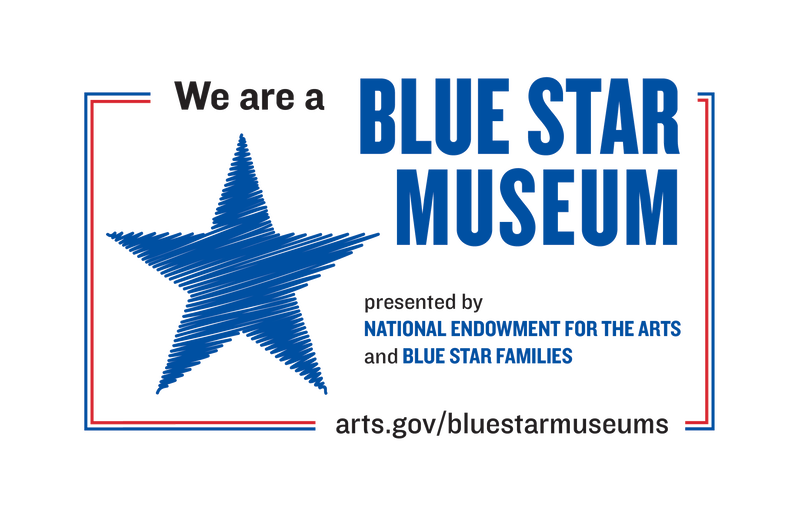|
|
Don “Racer” Brown became a fixture in open wheel racing because of his immense talents as a fabricator.
Despite his propensity never to be satisfied with how his car was handling, Racer also drove midgets and sprinters with moderate success in CRA, USAC and IMCA. He won three IMCA main events when that state fair circuit was a stepping stone for the Indianapolis 500. Don was inducted into the National Sprint Car Hall of Fame in Knoxville, Iowa, last summer and, thankfully, got to attend the ceremony. But, while he might not have been A.J. Foyt behind the wheel, Brown had few equals when it came to bending aluminum, repairing wrecked cars or coming up with innovative ideas. Weaned in LA by the likes of metal magicians Eddie Kuzma and Lujie Lesovsky, Don learned from the best and soon became one of them. He could build an oil tank from scratch, knock out a rear wing, rebuild a suspension or create anything that had to do with aluminum, steel or any alloy you could hammer on. The first glimpse of what kind of talent he packed came when Don was 15 and working at a blacksmith shop in California. The Smithy beat a five gallon oil can into a twisted mass and told Brown to restore it. Two days, he turned in a perfect can and quit. His radical sprint car design in the mid-60s, known as the Mechanical Rabbit, tore up the dirt tracks with Greg Weld and Joe Saldana driving as Brown incorporated power steering into his roadster-style machine. Yet much of his forte and reputation came from his ability to bring a disaster to life. Whether you tore an axle out of a sprinter at Terre Haute, destroyed a Formula Ford at IRP or piled a McLaren into Turn 1 at Indy, Racer Brown was on call 24 hours day. And he seldom said no to anybody, which led to his unorthodox working hours and nickname. Brown so hated getting up in the morning he made sure that's when he was usually quitting. His day started in the afternoon and ended when the sun was coming up. Hence, "The Prince of Darkness" became his moniker. And some of his greatest saves came during these mad thrashes in his little shop behind the late Ronnie Duman's house on Georgetown Road across from Turn 4.
In 1975, Pancho Carter smashed into the wall during the closing seconds of Carb Day and it appeared the first alternate would be in the race because the car was so badly damaged. But Brown worked back-to-back all nighters and had Carter's Eagle on the grid for the green flag, where he finished fourth. In 1976, rookie Spike Gehlhausen wadded up his car during practice and it appeared his May was finished. But Brown worked 72 straight hours to put the car back together in time for Spike to qualify. Racer Brown also had the gift of gab and his storytelling could keep you laughing for hours, which is about how long he took to finish one during lunch or dinner at The Beverage Inn. His good buddies Jim Bob Luebbert, A.L. Freedman, Carl Cindric, Danny Jones, Bobby Grim, Jerry Weeks and Carl Hungness loved to induce Brown into reliving some magic moment from Ascot Park in 1965 and then, one by one, they would slip away until Don would eventually discover he was talking to himself. He loved airplanes, pretty women and cigarettes (not necessarily in that order) and merged all three one night when he, his apprentice Ray Kuehlthau and Jones donned leather flying helmets, goggles and a scarf and wore them to the premier of the Great Waldo Pepper with their mortified dates. He liked motorcycles but they didn't like him as he survived a near fatal meeting with a telephone pole and then a short, painful career in motocross. Brown always had a soft spot in his heart for mechanical morons and he adopted Robin Miller and Hungess in the mid-70s when they embarked on their USAC midget careers. He spent two years trying to save them from certain death and claimed it likely shortened his life by a decade. When Indy-car racing started to become big business in the late '80s and the cars were all built in England, there were less and less calls for The Prince. And the fun times vanished, along with racers like A.J. Watson, Jud Phillips and Bill Finley, who depended on Brown's skills. |
- About
-
Collection
- Collections >
-
Vehicles
>
- Art Gallery >
- Drag Racing >
-
Engines
>
-
Indy Racing
>
- Land Speed >
-
Open Wheel
>
- Champ Dirt >
-
Sprints
>
- #11 Kinser Sprint Car
- Wolfgang 4x Sprint car
- Wolfgang #4 Sprint Car
- Opperman's 4x Sprint Car
- #96 Trostle Sprint Car
- Mechanical Rabbit
- #1 Dunseth Sprint Car
- #5 Randol Offy
- #43 Christie Miller
- Tamale Wagon
- #1 Kodiak Special
- Channel-Lock Special
- Andy Gump Sprint Car
- #94 Kenny Weld Sprint Car
- Black Deuce
- #30 P.O.B Sprint Car
- #20 Krasek Sprint Car
-
Midget Racers
>
- Stealth Special
- Lloyd Axel #5
- Edmunds-Sesco Midget
- #97 Henderson
- #46 Kurtis Kraft Offenhauser
- #1 Edmunds-Kenyen
- #10 Lynch Offy
- #1 Bardahl Special
- #4 Ramada Inn Offy
- #76 Honker
- #4 Rex Mays Offy
- #44 Ed's Auto V8-60
- Lewis-Yeley Midget
- Wilke-Pak Mopar
- #8 Reichenbach SESCO Midget
- #78 Red Caruthers Midget
- Quarter Midgets >
- Super Modified >
- Orphan Engines (Misc.) >
- Pikes Peak
- People >
- Show Cars >
- Toys and More
- Events
- Get Involved
- Visit
- Store
- Login






